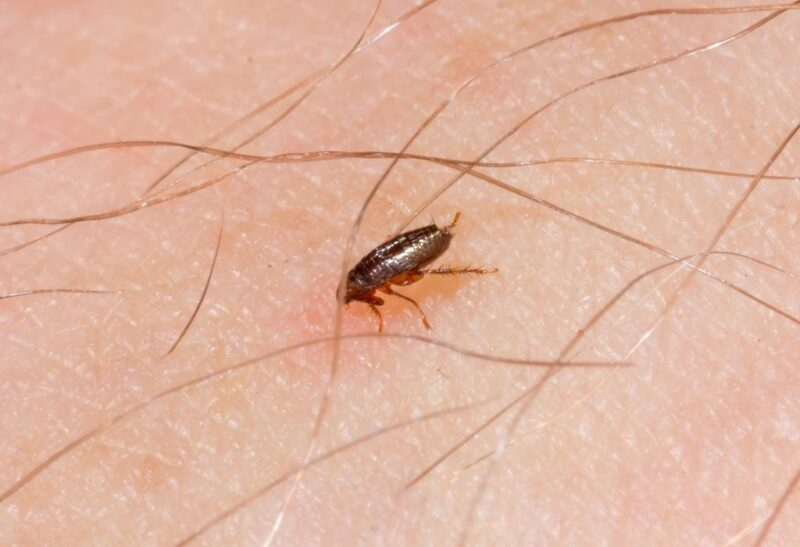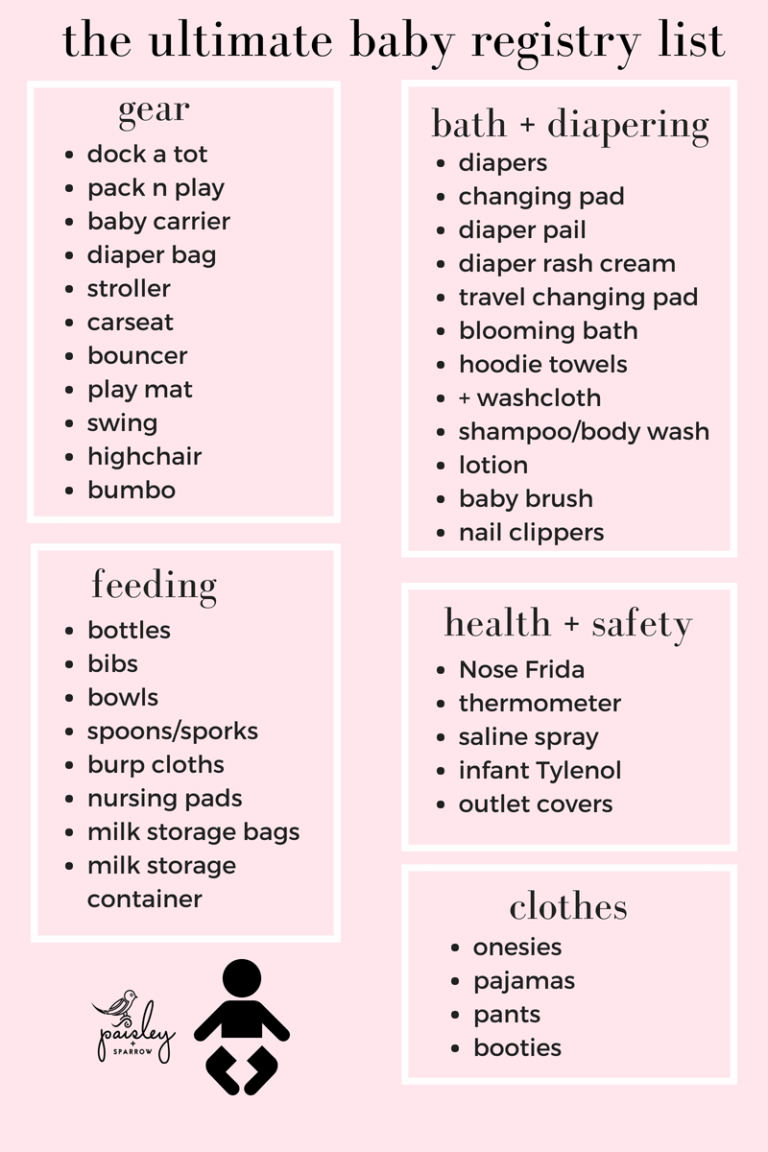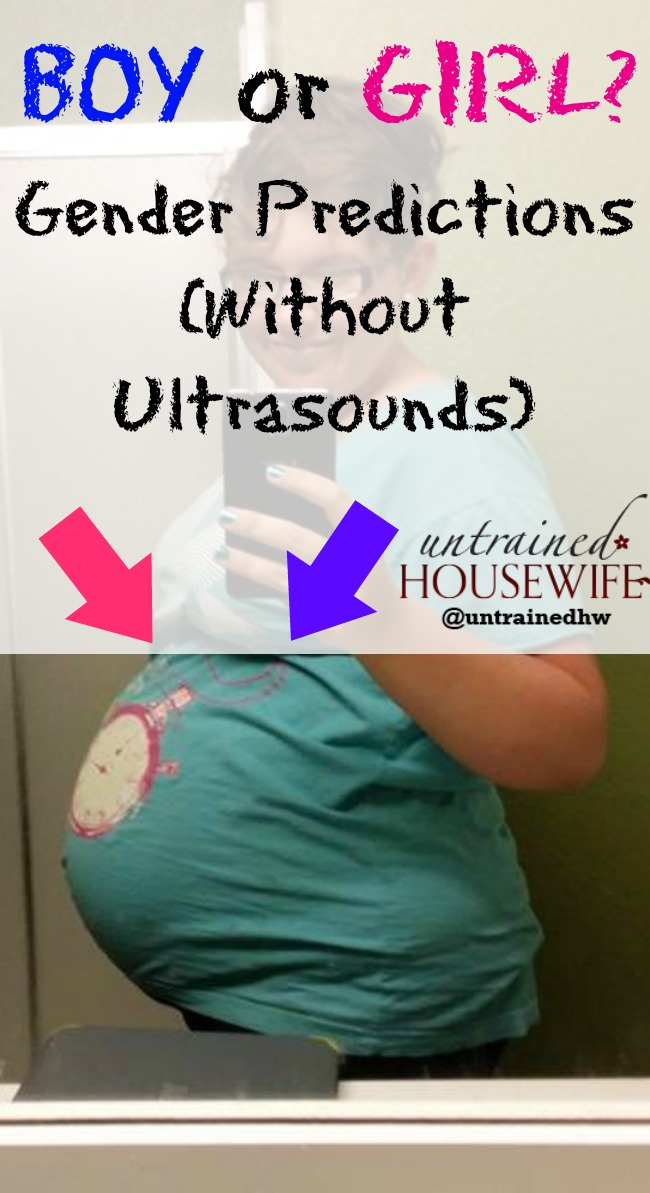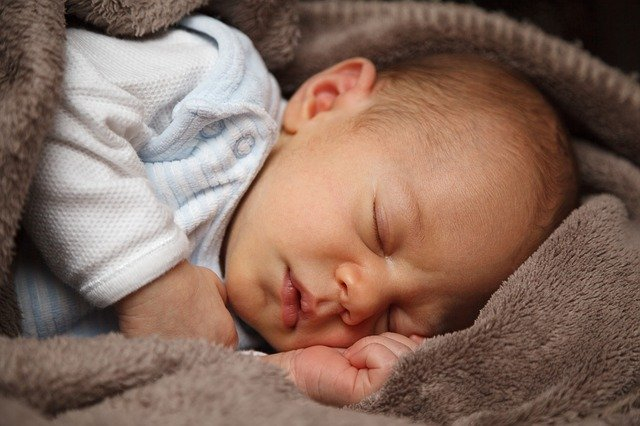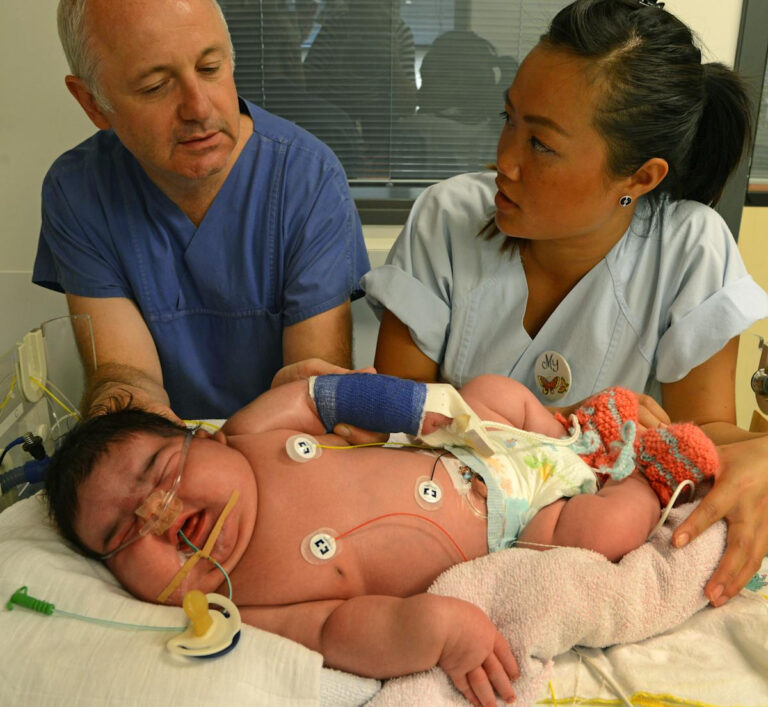What Do Baby Fleas Look Like: A Complete Guide
Are you dealing with a flea infestation in your home and wondering what baby fleas look like? Understanding the appearance of baby fleas can help you identify and eliminate these pesky parasites more effectively. In this comprehensive guide, we will delve into the world of baby fleas, exploring their appearance, behavior, and how to deal with them.
Knowledge
Baby fleas, also known as larvae, are tiny, worm-like creatures with a whitish color. They are about 1-2 mm long and have a segmented body. Unlike adult fleas, baby fleas do not have developed legs for jumping. Instead, they move by wriggling and crawling through their environment.
Baby fleas prefer dark, humid environments where they can feed on organic matter such as flea feces, dead skin cells, and blood. They are commonly found in carpets, bedding, and upholstery where adult fleas lay their eggs. Identifying these hotspots can help you target your flea control efforts more effectively.
The life cycle of a flea consists of four stages: egg, larva, pupa, and adult. Baby fleas hatch from eggs laid by adult fleas and go through a period of feeding and molting before maturing into adult fleas. Understanding the life cycle of fleas is crucial for breaking the infestation cycle and preventing re-infestation.
Baby fleas are voracious feeders and can consume large amounts of organic matter to fuel their growth. They are also highly sensitive to light and will seek out dark, hidden areas to avoid detection. Baby fleas are not parasitic at this stage but will develop into blood-feeding parasites once they mature into adults.
Conclusion
In conclusion, knowing what baby fleas look like can help you identify and address flea infestations in your home. By understanding their appearance, behavior, and habitat, you can take proactive measures to eliminate these pests and prevent future infestations. This guide is essential for pet owners, homeowners, and anyone dealing with flea problems.
Ultimately, baby fleas are a nuisance that can cause discomfort and irritation to pets and humans alike. By staying informed and taking appropriate actions, you can protect your home and loved ones from the negative effects of flea infestations. Remember to consult with a professional pest control expert if you are dealing with a severe infestation that requires specialized treatment.
